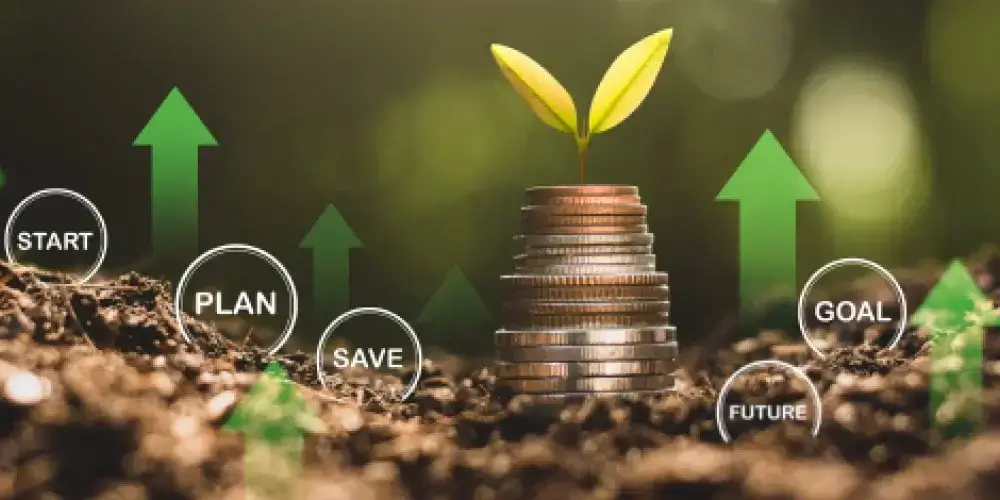

The Future of the Global Economy: Opportunities and Challenges
31/05/2024 Nancy Wilson 1560
The global economy is in a state of constant flux, shaped by a myriad of factors that range from technological advancements to geopolitical tensions. As we look to the future, it is crucial to understand the opportunities and challenges that lie ahead and how countries and businesses can navigate this changing landscape.
Current State of the Global Economy
The global economy has been through a tumultuous period in recent years, marked by slow growth, rising debt levels, and increasing inequality. However, there are signs of a recovery, with many economies showing signs of growth and stability. According to the International Monetary Fund (IMF), the global economy is expected to grow by 6% in 2021, driven by vaccination efforts and fiscal stimulus measures.
Opportunities and Challenges
Technological advancements are creating new opportunities for economic growth and development. The rise of artificial intelligence, automation, and the Internet of Things (IoT) is transforming industries and creating new markets. For example, the global autonomous vehicles market is expected to reach $1.2 trillion by 2035, according to a report by Intel. However, these advancements also present challenges, such as job displacement and the need for new skills.
Demographic shifts are also shaping the future of the global economy. The ageing population in many developed countries is creating a shortage of workers and putting pressure on social security systems. On the other hand, the growing population in emerging economies presents opportunities for economic growth and development.
Environmental sustainability is another critical factor shaping the future of the global economy. Climate change, resource depletion, and pollution are creating new challenges and opportunities. For example, the transition to renewable energy is creating new jobs and industries, while also reducing carbon emissions.
Innovation and Entrepreneurship
Innovation and entrepreneurship are key drivers of economic growth and development. They create new products, services, and business models that drive economic growth and create new opportunities. According to the World Bank, entrepreneurship is a critical factor in creating jobs and reducing poverty in developing countries.
Geopolitical Tensions and Trade Disputes
Geopolitical tensions and trade disputes are creating new challenges for the global economy. The ongoing trade war between the US and China, for example, is creating uncertainty and disrupting global supply chains. According to the IMF, the trade war could reduce global GDP by 0.5% by 2020.
Strategies for Navigating the Changing Global Economy
Countries and businesses need to adopt new strategies to navigate the changing global economy and seize opportunities. These strategies include investing in education and skills training, promoting innovation and entrepreneurship, and building resilient supply chains.
Investing in education and skills training is crucial for preparing the workforce for the future of work. This includes developing new skills in areas such as artificial intelligence, automation, and data analysis.
Promoting innovation and entrepreneurship is also critical for driving economic growth and creating new opportunities. This includes creating an enabling environment for startups and small businesses, providing access to capital, and fostering innovation through public-private partnerships.
Building resilient supply chains is crucial for managing risks and mitigating the impact of geopolitical tensions and trade disputes. This includes diversifying supply sources, building strategic partnerships, and investing in infrastructure.
The future of the global economy is full of opportunities and challenges. Technological advancements, demographic shifts, and environmental sustainability are creating new markets and industries, while geopolitical tensions and trade disputes are creating new challenges. Countries and businesses need to adopt new strategies to navigate this changing landscape and seize opportunities. By investing in education and skills training, promoting innovation and entrepreneurship, and building resilient supply chains, we can create a more sustainable and prosperous future for all.
Recent Blogs
Building a Diversified Inves ...
26/01/2025 1797
Integrating AI and Machine L ...
24/01/2025 1351
Health Insurance Regulations ...
22/01/2025 2400
Recognizing Signs of Mental ...
20/01/2025 2436
Understanding Employers' Leg ...
18/01/2025 1377
Trending Blogs
Interest Rates: How They Aff ...
20/06/2024 12681
Client Retention: Building S ...
20/06/2024 10737
Introduction to Common Law: ...
21/06/2024 9801
Common Types of Criminal Charges
02/03/2024 8973
Corporate Finance Law: Raisi ...
04/06/2024 8697











